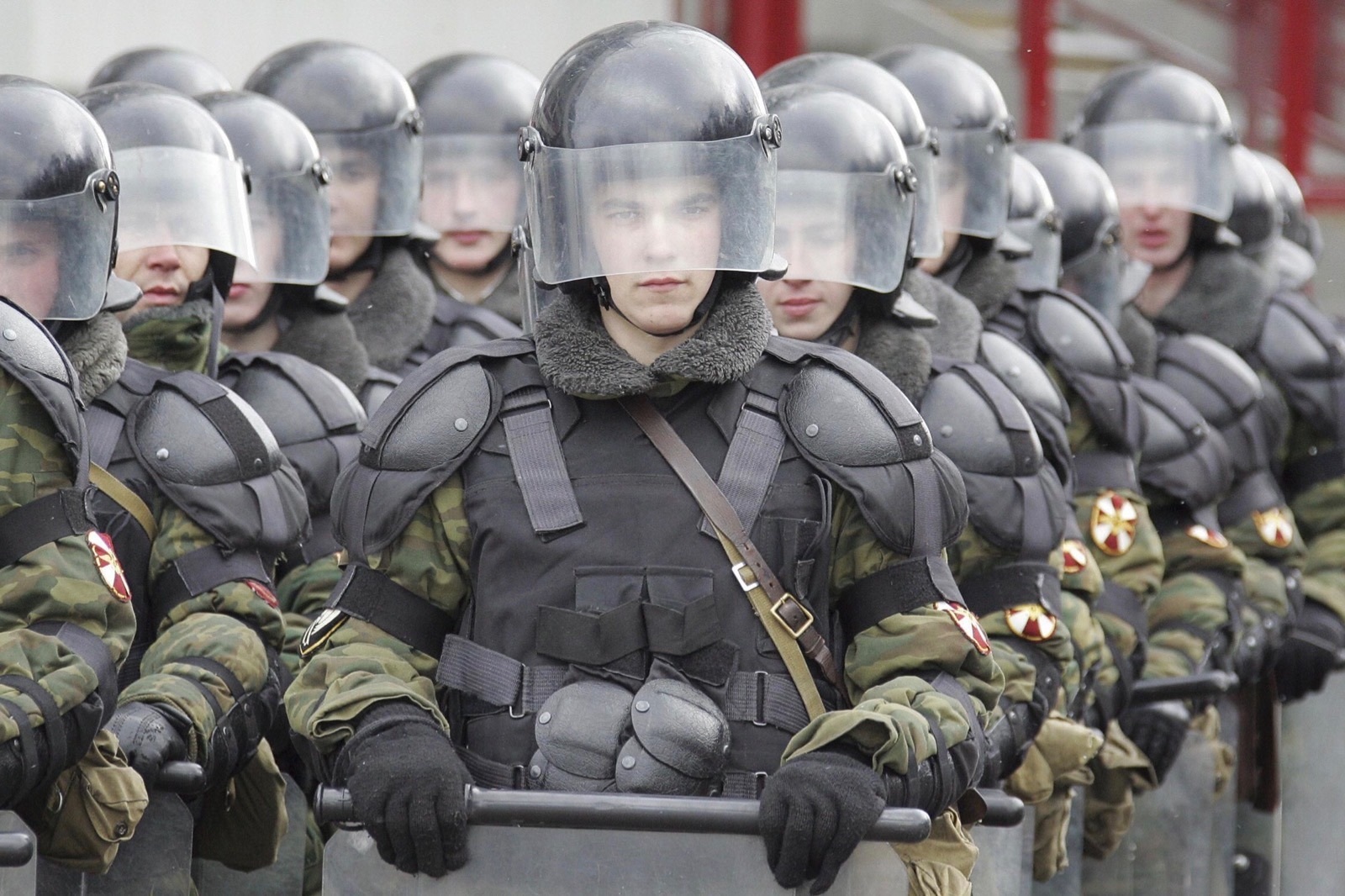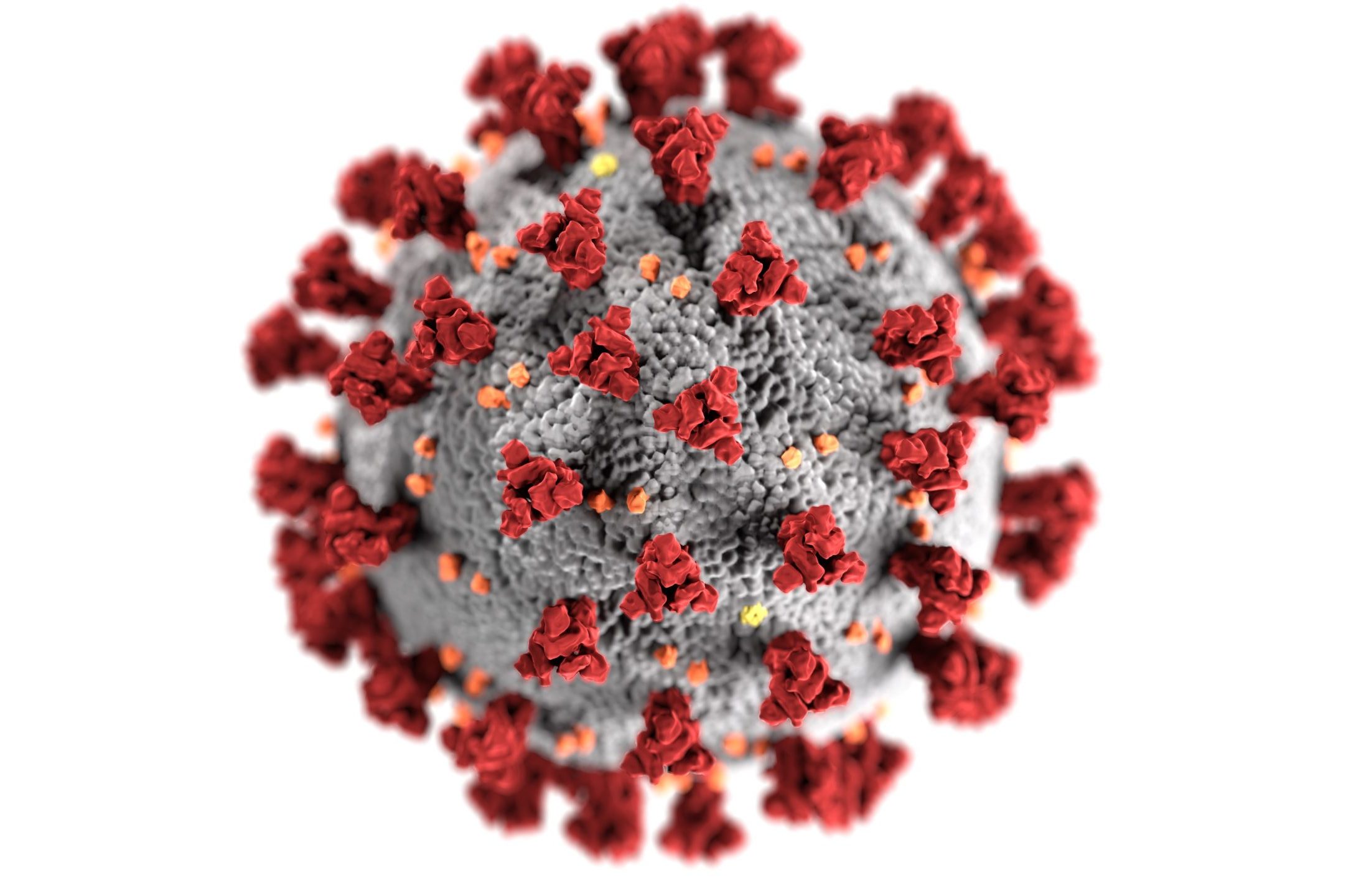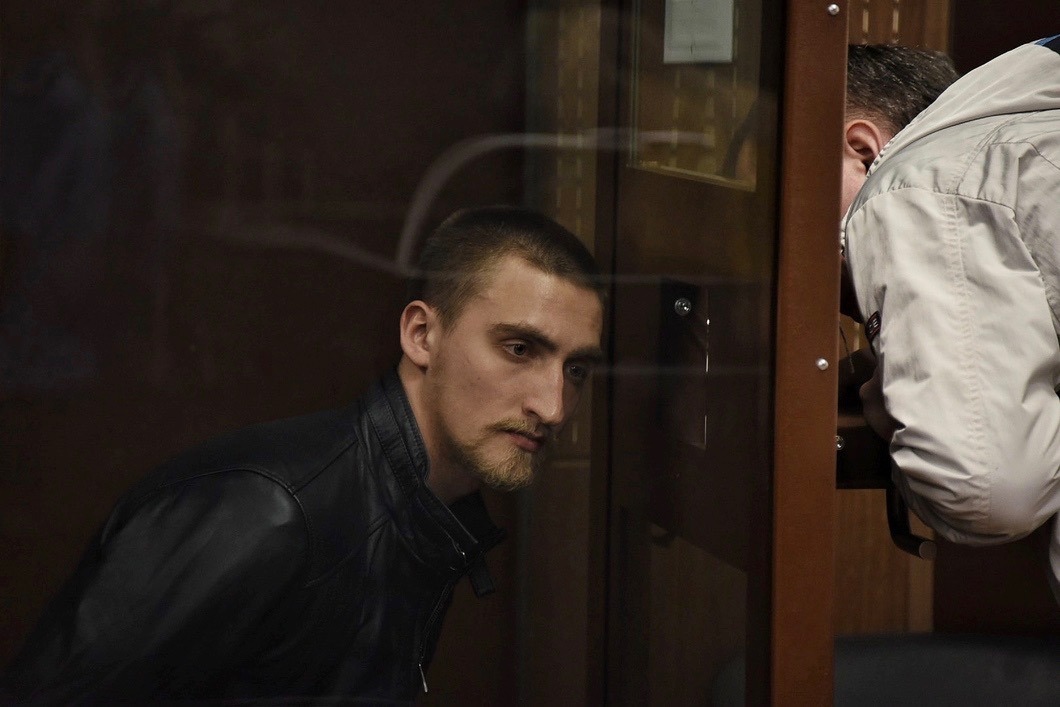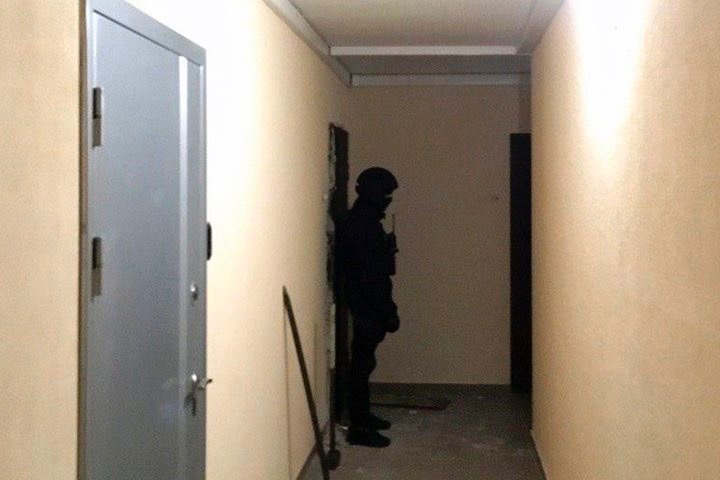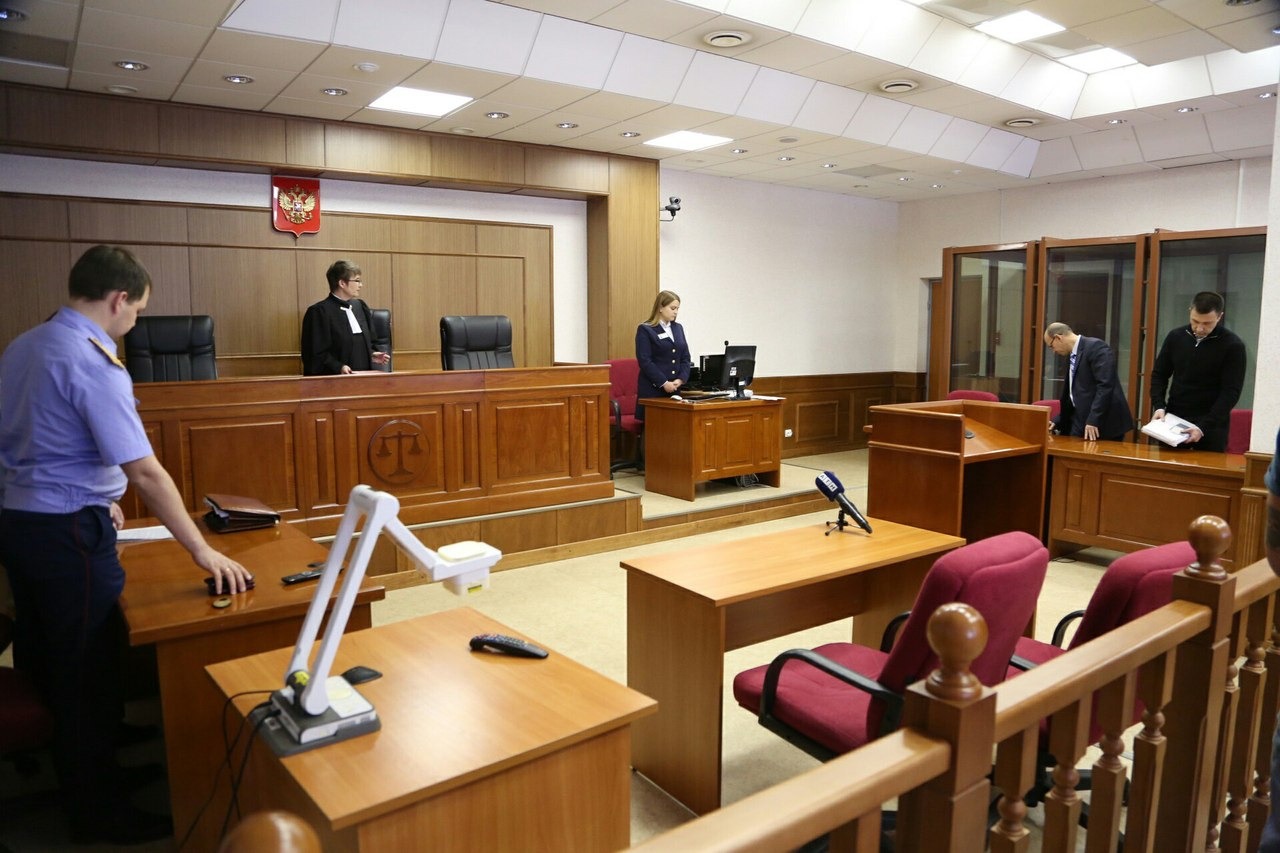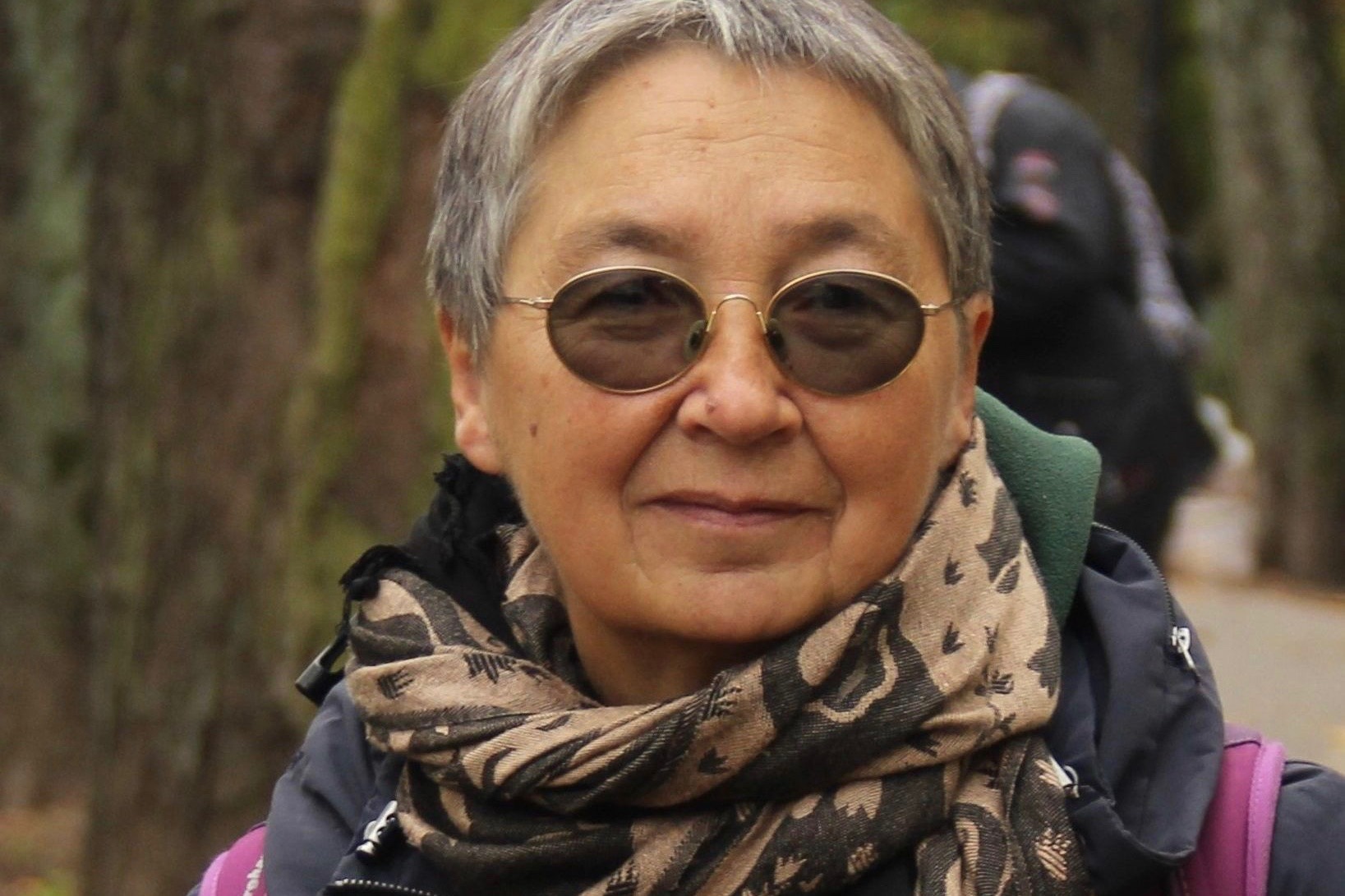Russian political prisoners in 2019 and the role for the OSCE
Convenor: Human Rights Center “Memorial” Working language: English, Russian
19 September, 08:15-09:45 Venue: Meeting Room 3
Warsaw National Stadium (PGE Narodowy), Aleja
Poniatowskiego 1, GATE 1, 2nd floor
Summary: According to Memorial, Russia’s most respected human rights organization, there are more than 300 political prisoners in the country. The estimate is conservative and based on the strict Council of Europe definition of a political prisoner – but it already rivals the late Soviet period. The Kremlin’s prisoners include opposition activists, peaceful protesters, human rights campaigners, journalists, Ukrainian military officers, adherents of religious groups deemed “extremist”, and many others. Their continued incarceration violates not only Russia’s Constitution, but the country’s obligations under the OSCE Vienna Concluding Document, the Universal Declaration of Human Rights, the International Covenant on Civil and Political Rights, the European Convention of Human Rights, as well as numerous decisions by the European Court of Human Rights, the UN Working Group on Arbitrary Detention, the International Tribunal for the Law of the Sea, and other multilateral bodies – and should be a matter for involvement by the international community. Just as in the Soviet era, international attention is crucial for defending political prisoners.
In the 1970s and 1980s, sustained global advocacy helped secure the release of some of the most prominent prisoners of conscience in the USSR. While the numbers – and the Kremlin’s abuse of the law – are becoming comparable, the issue of Russian political prisoners seems to be largely absent from the international agenda. This needs to change.
Please join us at the OSCE HDIM side event on 19 September at 8:15 am in Meeting Room 3 for a discussion of political and religious imprisonment in present-day Russia, and ways in which the OSCE and its Participating States can respond to this shameful practice.
Speakers: Sergei Davidis Head of Political Prisoner Support Programme, Memorial Human Rights Centre Natalia Arno President, Free Russia Foundation Vladimir Kara-Murza Chairman, Boris Nemtsov Foundation for Freedom Alexei Kozlov Editor of Article20.org, expert of the Moscow Helsinki Group on the freedom of assembly.
When peaceful becomes non-peaceful? The role of the authorities, civil society and international community in preventing and investigating acts of violence at public assemblies
Convenor: SOLIDARUS e.V.; Moscow Helsinki Group Working language: English, Russian
20 September, 18:15-19:45 Venue: Plenary Hall
Warsaw National Stadium (PGE Narodowy), Aleja
Poniatowskiego 1, GATE 1, 2nd floor
Recent years were marked by mass protests in many parts of the world, including Western and Eastern Europe (notably in Belarus on December 2010, Russia in May 2012, Ukraine in November 2013 – March 2014, most recently – France and Russia). Separate episodes of violence (committed either by participants of the protest or by provocateurs) are often used by the authorities to present the whole event as non-peaceful and on these grounds to deny their positive obligations on protecting assemblies and to legitimate forceful dispersal of these manifestations and legal persecution of their participants. Such isolated episodes or individual acts of violence are at times described by the authorities as “mass riots” (or “mass disorder”), challenge the very concepts of “peaceful assembly” and “peaceful protest” and pose a number of questions related to obligations of the states under the international human rights law and the balance between guarantees of the right to freedom of assembly and those of public order. For instance, this is the case in Russia where 15 people already are charged with participation in “mass riots”, after recent protests around the elections, while violence came mostly from the side of the law-enforcement officials. In order to prevent and investigate acts of violence and disproportionate use of force during the protests, universal approaches to such situations should be formulated, and more rapid and efficient mechanisms should be developed at both national and international levels. In the absence of effective official international investigations civil society groups sometimes take an initiative to carry out human rights assessment of these events by independent experts with regard to international standards on freedom of assembly and police conduct [as was the case in Belarus and Russia and partly in Ukraine]. The participants of the side-event, who took an active part in these civil society efforts, will discuss the conditions upon which an initially peaceful assembly may be considered as becoming non-peaceful, the threshold for defining “mass riots” and the steps to be taken by the state authorities, civil society and the international community in such situations.
Speakers: Alexey Kozlov (SOLIDARUS e.V. www.article20.org) – Germany Dmitriy Makarov (International Youth Human Rights Movement) – Russia Svetlana Astrakhantseva (Moscow Helsinki Group) – Russia Olexandra Romantsova (Center for Civil Liberties) – Ukraine

